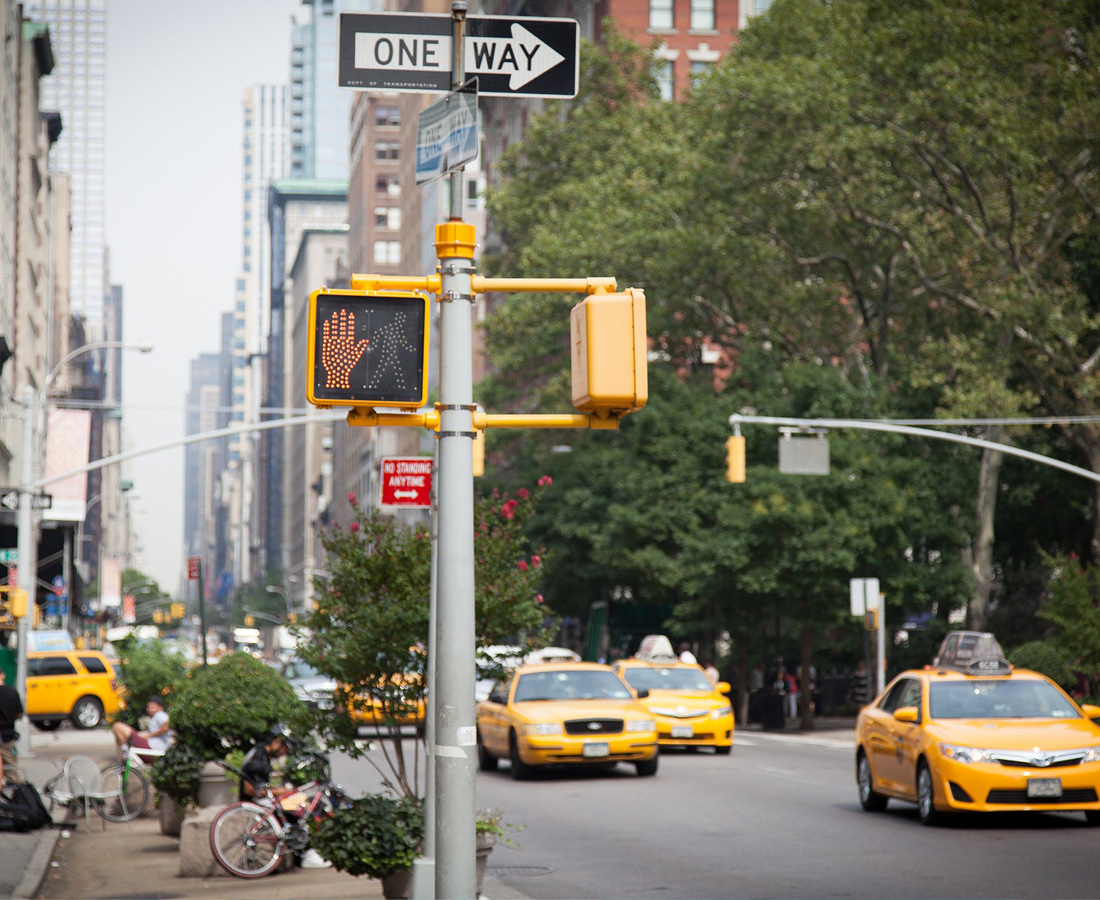Travel Warning
When you travel with Pelikin, your safety is our utmost priority. To keep you informed, our Travel Insurance partners, Travel by Us, has monitored current world events and releases travel warnings as well as general advice on their page. This not only gives you a heads-up on what is going on in the world, but also makes sure you’re clear on what your Pelikin Travel Insurance covers and what it doesn’t during these incidents.
Their primary source of travel alerts comes from the Australian Government Department of Foreign Affairs & Trade (DFAT). See www.smarttraveller.gov.au for more information.
Check below to see if any of your travel destinations are included in the listings and by researching Smartraveller. Your cover may be impacted by a ‘Do not travel’ status.
South Korea and Coronavirus (COVID-19)
Last updated: 7 March 2020. Still current. The Department of Foreign Affairs and Trade has raised its level of advice for South Korea to: Reconsider your need to travel overall and Do not travel to Daegu due to the COVID-19 outbreak. Smartraveller now advise Australians to reconsider travel to South Korea. If you’re returning to Australia from South Korea, as an Australian citizen or permanent resident, you’ll need to self-isolate for 14 days on arrival in Australia. There’s a heightened risk of sustained local transmission of coronavirus (COVID-19). We now also advise you not to travel to Daegu because of the significant outbreak of COVID-19 there. If you’re in South Korea, monitor your health closely and follow the advice of local authorities.
China and Coronavirus (COVID-19)
Last updated: 25th Feb 2020. Still current. Coronaviruses (CoV) are a large family of viruses that cause illness from the common cold to more severe diseases such as Middle East Respiratory Syndrome (MERS-CoV) and Severe Acute Respiratory Syndrome (SARS-CoV). A novel coronavirus (CoV) is a new strain of coronavirus that has not been previously identified in humans. The new, or “novel” coronavirus, now called 2019-nCoV, had not previously detected before the outbreak was reported in Wuhan, China in December 2019. Initial human infections of the novel type of coronaviruses were acquired from exposure to animals at a live animal market in Wuhan. On 20 January, Chinese authorities confirmed the novel coronavirus is spreading person-to-person, with medical workers in Wuhan confirmed to have contracted the disease from patients they had been treating. It remains unknown how easily the virus spreads from person-to-person. Common symptoms include a fever, cough and difficulty breathing. Severe cases can cause pneumonia, kidney failure, and even death. If you are considering travelling to any destination with cases of COVID-19, you are recommend to take the following actions:
- Talk to your doctor before travelling with young children, babies or an elderly person; if you are pregnant; if you have a weak immune system, or have a chronic medical condition.
- Read the travel advice for your destination. There is a heightened risk of sustained local transmission in some countries, including at this stage Japan and South Korea.
- Read Smartraveller‘s advice about infectious diseases and medical assistance overseas before you go.
- Check with your travel agent, airline, cruise operator, accommodation provider and travel insurance provider to consider your options regarding any potential changes in services.
- Understand the risks you’re taking and that efforts to control the spread of COVID-19 may cause further travel disruptions and restrictions.
- Subscribe to Smartraveller‘s destination bulletins, and follow Smartraveller on Facebook and Twitter to receive latest updates on the situation as they occur
- For more information we recommend you read Smartraveller’s detailed guide on COVID-19 and how it affects travel.
Generally, when you can claim
You’re covered if you purchased prior to 19 Jan 2020. If your travel insurance was purchased prior to 19 January, then yes, your travel insurance policy will cover cancellation claims related to Coronavirus, up to your plan’s limits*. This could include assisting you with flight cancellation costs, tour cancellation costs, and accommodation cancellations costs. We only cover cancellations if the destinations you are travelling to have been assigned a ‘Do Not Travel’ advisory warning by the Australian Government at Smartraveller.gov.au. We do not cover cancellation for change or mind or fear.
Generally when you can’t claim
You’re not covered if you purchased after 20 Jan 2020. If you purchased travel insurance after 20 January 2020 you will not be covered for any cancellation claims related to coronavirus. This is due to the fact that as of 20 January, the virus outbreak was widely publicised, and health and travel authorities had advised that travellers take all necessary precautions.
If you are looking to buy travel insurance now – your policy will no cover you for the coronavirus (medical or cancellation) – this is due to the fact that as of 20 January, the virus outbreak was widely publicised, and health and travel authorities had advised that travellers take all necessary precautions. Customers purchasing travel insurance post 20 January do so in the knowledge that travel may be impacted by COVID-19.
Indonesia, Bali and Coronavirus (COVID-19)
Last updated: 02 March 2020. Still current at: 04 March 2020. The Indonesian Government has confirmed coronavirus (COVID-19) cases in Indonesia. Australians should note the global situation with COVID-19 is changing very quickly. Read our bulletin on COVID-19 for advice on measures to reduce the risk of infection. Talk to your doctor before travelling if you are in an at-risk group. Subscribe to Smartravellerfor the latest updates.
Mount Agung is an active volcano in Bali. Ash from the volcano could disrupt flights and airport operations. Contact your airline or tour operator directly for up-to-date information. If you’re in Bali, monitor local media and follow the instructions of local authorities. Exercise a high degree of caution in Indonesia overall. General advice:
- There’s a high risk of terrorist attack in Indonesia. Australians have been killed and injured in past attacks. Be aware of dates and places that could be terrorist targets.
- There has been increased tension, including demonstrations and violence, in towns in Papua and West Papua provinces since August 2019.
- Petty and violent crime occur in Indonesia. Drinks may be spiked or mixed with toxic substances. Crimes involving taxis and taxi drivers occur. Solo women are at higher risk.
- Be alert in taxis, crowds, bars and nightclubs.
- Legal disputes over real estate are common. Before entering into an agreement or providing financial details, do your research and get legal advice.
- Natural disasters such as floods, earthquakes, volcanoes and tsunamis occur. Domestic and international flights can be disrupted. Follow the advice of local authorities. Monitor media for updates.
Iran and Coronavirus (COVID-19)
Last updated: 29th Feb 2020. Still current. Australia’s Chief Medical Officer has advised that there is a high level of concern about widespread community transmission of the coronavirus (COVID-19) in Iran. There have been many deaths. The health care system will likely struggle to cope with a large outbreak. Airlines are reducing or stopping flights into and out of Iran. Medical evacuation is not likely to be possible.
Noting the other risks in Iran, including to your safety, DFAT now advises Australians ‘do not travel’ to Iran. If you’re in Iran, leave while commercial options are available. Some countries have put in place restrictions on travellers coming out of Iran. From 1 March, if you’re an Australian citizen or permanent resident, or immediate family, returning from Iran to Australia you’ll need to self-isolate for 14 days from the time you left Iran.
The Philippines
Last updated: 13 Jan 2020. Still current at: 14 Jan 2020. Taal Volcano, in the southern Luzon province of Batangas, erupted on 12 January 2020. The Philippine Institute of Volcanology and Seismology (PHIVOLCS) has raised the alert level to four (4 out of 5), meaning an “explosive eruption” could happen in the coming hours or days. Local authorities have increased increased the exclusion zone to 14 kms from the volcano’s crater. Follow the instructions of local authorities, including any evacuation orders.
The Taal Volcanic Eruption is currently impacting flights in and around Manila. There is significant ash fall which is considered dangerous to your health.Contact your airline oor tour operator to determine if the situation will disrupt your travel plans. For more information visit Smartraveller. Overall exercise a high degree of caution in The Philippines. General advice:
- Pay close attention to your personal security at all times and monitor the media about possible new safety or security risks.
- Pay close attention to your personal security at all times and monitor the media about possible new safety or security risks.
- Terrorist attacks could occur anywhere in the Philippines. Possible targets include public transport, hotels, shopping malls, restaurants, schools, events, places of worship and tourist areas. Be alert to possible threats.
- The threat of kidnapping and piracy in the southern Philippines is very high, especially in coastal resorts, coastal waters and isolated locations. Kidnappers may target popular tourist areas. If you travel to the southern Philippines, despite our advice, get professional security advice. Ensure your accommodation has proper security measures. Don’t travel by boat.
- Protests can turn violent. It’s illegal to take part in political rallies if you’re not Filipino. Avoid large public gatherings.
- Violent and other serious crime is common. Many crimes involve guns. Gunfights between criminals and police are common. Gangs often drug tourists before robbing or assaulting them.
- Pickpocketing, bag snatching and scams are common. Don’t leave food or drinks unattended. Don’t use public transport. Be careful in crowded shopping malls and other public places. Only use ATMs in secure locations.
- Severe currents and rips are common in coastal areas. Many travellers have drowned, including in popular resorts. Some swimmers also get ill from pollution. Get local advice before swimming. Don’t swim where there are red flags on the beach.
New Zealand
Last updated: 09 Dec 2019. Still current at: 10 Dec 2019. Whakaari / White Island is an active volcano in New Zealand. On Monday 09 December it erupted without warning. About 50 people are believed to be on or near New Zealand’s White Island, and at least five people have been confirmed dead and up to two dozen are unaccounted for. If you are concerned about the welfare or whereabouts of a loved one, contact Smart Traveller by calling its 24-hour Emergency 1300 555 135 (within Australia) +61 2 6261 3305 (from overseas). Ash from the volcano could disrupt flights and airport operations. Contact your airline or tour operator directly for up-to-date information. If you’re in New Zealand, monitor local media and follow the instructions of local authorities. Exercise normal safety precautions in New Zealand. General advice:
- Crime rates are similar to those in Australia. Thieves often target vehicles. Don’t leave valuables in your car or campervan.
- Earthquakes are a constant risk. Large, damaging quakes can happen at any time. Know what to do during and after an earthquake.
- All of New Zealand’s coastline is at risk of a tsunami. Know the tsunami warning signs and move to high ground immediately. Don’t wait for official alerts.
- New Zealand has several active volcanoes. A volcano erupted on White Island in the Bay of Plenty on 9 December 2019. Further eruptions are possible. Avoid the area and follow the advice of local authorities.
- Weather conditions can change quickly. Severe weather could leave you stranded or injured, especially in an isolated area. If you’re climbing, hiking or in a remote area, register your trip with the Department of Conservation. Carry a personal locator beacon.
- There’s an outbreak of measles in New Zealand. Make sure your vaccinations are up to date before you travel.
Pacific Countries
Updated: 03 Jan 2020. Current 14 Jan 2020. There’s currently an outbreak of measles in a number of Pacific countries, including Samoa, American Samoa, Tonga, Fiji, and New Zealand. Some countries now have stricter entry requirements to prevent the spread of the disease.
Sri Lanka
Last updated: 20 Nov 2019. Still current at: 14 Jan 2019. Exercise a high degree of caution in Sri Lanka. General advice:
- Terrorism is a threat in Sri Lanka. Attacks could happen anywhere at any time. Terrorists may target tourist areas. Avoid crowds. Follow the advice of local officials.
- Security has increased across the country following the 21 April 2019 terrorist attacks. Always carry travel and identification documents. Allow additional time to clear security checks, especially at airports.
- There are marked and unmarked minefields and unexploded weapons in the Northern Province and parts of the Eastern Province. Stay on main roads. Pay close attention to landmine warning signs.
- Violent crime, including sexual assault, harassment and robbery, occurs. If you’re a woman travelling alone, arrange travel through a reputable company.
- Scams and fraud are common, including credit card fraud, overcharging and fake goods. Be alert to fake goods, especially jewellery and gems. Check your bank statements often.
- Flooding and landslides occur during the monsoon season. This is December to March in the north-east and May to October in the south-west. Be prepared to change your travel plans.
If you need to make a claim
- If you are claiming additional expenses, make sure you keep a copy of all your receipts.
- If your travel was cancelled or delayed by a transport provider, you may be able to claim some of your meal and accommodation costs through them.
- Please check the terms and conditions of your transport provider’s ticket, and keep a copy of all their communication with you.
- Take reasonable steps to minimise your claim. Contact your airline or Travel provider for assistance if you need to rearrange your travel plans.
- Keep your receipts and any other supporting documentation e.g. travel provider cancellation letters. If you are claiming for additional meal, accommodation, and travel costs, please ensure you retain copies of all of your expense receipts.
Get in touch with Travel By Us
You can call +61 2 8074 5522 from anywhere in the world 24/7 or email claims@travelbyus.com.
Pelikin Travel Insurance
If you haven’t already got yourself a Pelikin Travel Insurance bundle yet then find out more about what we offer here. We provide 3 levels of cover including Saver, Basic and Comprehensive to suit your budget and how you like to travel.
For those who want to go that little bit extra, you can choose up to 10 add-ons so you can travel knowing that what’s important is totally covered.
To keep informed on current and upcoming Travel Warnings, view our Travel Insurance partner, Travel by Us, for regular updates.














